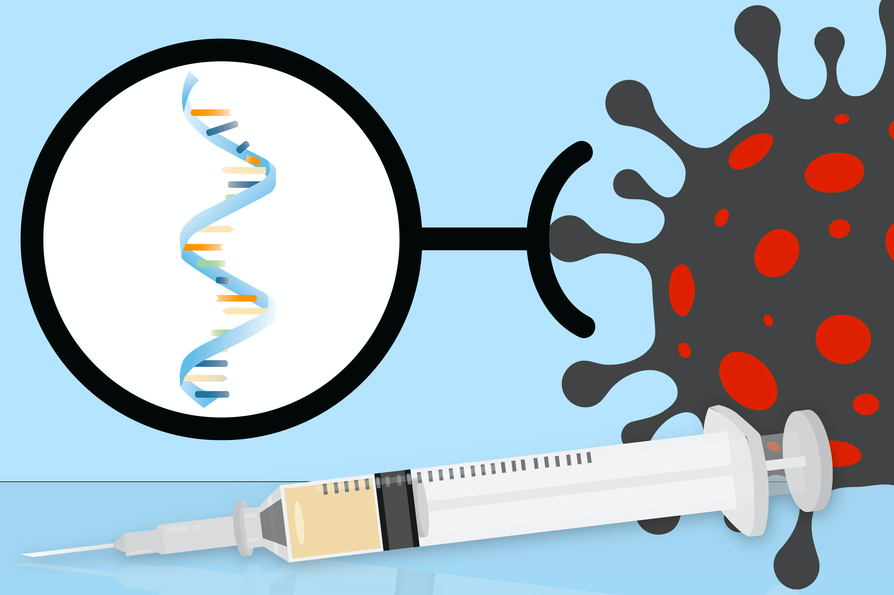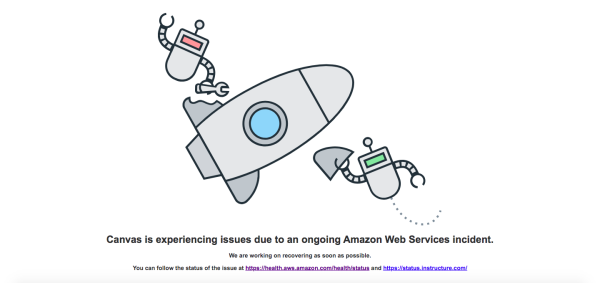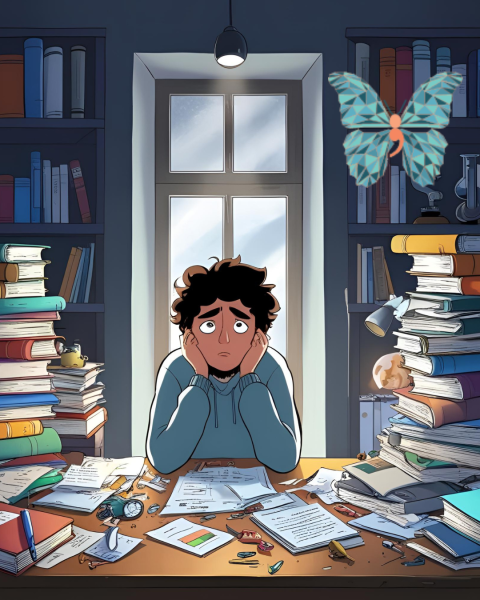Is the COVID vaccine safe? Yes, says an emergency medicine doctor
Courtesy of Christine Daniloff from MIT
A doctor from LA county shares his experience with the Pfizer vaccine.
COVID-19 swept the nation this past year, affecting millions of people. Two vaccines have now been approved for use by the FDA and are being administered, but some people worry about the speed with which it was developed.
“With all the politicization of COVID and masks and the vaccines, I see why there’s a lot of mistrust,” emergency medicine physician Adam Goodman said. “No corners were cut on the development. It went through phase 1, 2 and 3 clinical trials. During phase 3, over 30-40 thousand people received the vaccine. There’s essentially no adverse effects.”
Goodman received his first round of vaccines around December 23, and only experienced a slightly sore arm. Other reported side effects are flu-like symptoms, such as fever, chills and body aches that should resolve after a day or two.
“[The vaccine was] probably in line with the tetanus shot, but definitely not worse,” Goodman said. “They observe you for about 15 minutes to ensure there’s no adverse side effects.”
In Los Angeles county, where Goodman works, hospitals were overrun in the winter months due to a spike in cases. Doctors wear full protective gear in the newly opened COVID section of the hospital, as well as in the emergency department.
“An area where there should be about ten people in it, will now have upwards of 40 to 50 patients.” Goodman said, “We’ve had to open up areas all over the hospital that are not generally meant for patient care to take care of patients with COVID.”
Currently, there are two vaccines available, the Pfizer vaccine and the Moderna vaccine. “They are both equally as effective and equally as safe, the only main difference is the way they are given. The Pfizer second shot is given three weeks apart, while the Moderna is four weeks for the booster,” Goodman said.
A huge amount of the population was infected by this virus and obtained natural antibodies, but it is still strongly recommended to get the vaccine. “We do not know enough about the virus and how long the natural immunity will last. And as there are mutations popping up, the vaccine will give better coverage for that while our natural immunity may not,” Goodman added.
The vaccine will most likely be available to the general public around April or May, according to Goodman. One vaccine is currently in trials for the six-to-16 age group, but that will take longer to be available for individuals under 16 years old.
“Right now there’s essentially no reason that [adults] could not get it. Even for people with severe allergies, they still recommend you get vaccinated, just with caution,” Goodman said. “For everyone who wants life to get back to normal, this is our key to getting life back.”
Your donation will support the student journalists of Watkins Mill High School. Your contribution will allow us to purchase equipment and cover our annual website hosting costs.
Krystin is a senior at Watkins Mill High School and Co-Editor in Chief of the Current. She’s part of the Our Minds Matter club, Key Club, ACES, and...
Ryleigh is a Senior at Watkins Mill High School and Co-Editor in Chief of the Current. She plays varsity field hockey and lacrosse. She currently plans...










